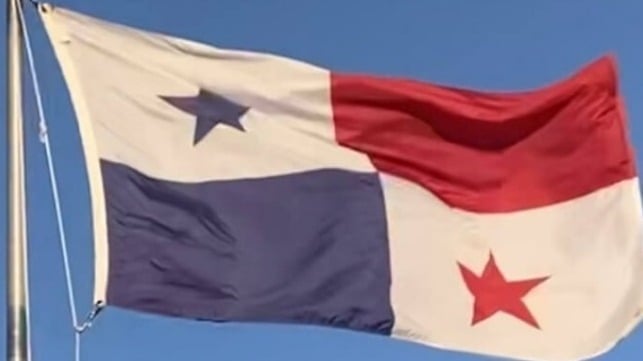Panama Responds to Critics Highlighting Canceling Flag for Over 650 Vessels

The government of Panama issued a statement rejecting the claims of critics that its flag registry has failed to take sufficient action to stop vessels supporting the Iranian oil trade by citing its removal of vessels from the registry. As the largest registry by the number of ships, approximately 8,500 vessels, Panama has come under scrutiny for the number of shadow tankers or vessels transporting Iranian oil that are operating under its flag.
The statement details the actions taken by the Panama Maritime Authority (AMP) over the past few years to purge the ranks of its registry. It is a frequent topic that has often drawn criticism. Today, the AMP asserts that it has de-flagged more than 650 ships from its registry since 2019. In the past, it has discussed the changes to rules and efforts to speed up the cancellation process.
It also reports that last October it took a further step empowering the AMP to unilaterally remove vessels from its registry if their owners appear on international sanctions lists. Today, they claim this has resulted in the cancellation of 214 vessels representing more than 12 million tons over the past eight months.
The statement came after long-time critic, the NGO United Against Nuclear Iran (UANI), renewed its calls for Panama to increase its efforts to stop its support of the Iranian oil trade. UANI CEO Ambassador Mark Wallace asserted that the registry has a “lack of consistent, proactive enforcement,” which the group says permits Iran to continue to earn billions from the oil trade.
UANI asserted that its analysis shows that one in five vessels suspected of transporting Iranian oil, or 17 percent of the 542 vessels the group has listed, sail under the flag of Panama. The group points to the fact that the U.S. and others continue to list vessels registered in Panama when they announce sanctions.
The AMP has highlighted its efforts over the past few years to increase the oversight of its registry and remove violators. In the past, they noted it was a slow process.
Starting in 2019, the AMP has taken steps such as establishing rules that sanction vessels for deliberately deactivating Long-Rage Identification and Tracking or their AIS signal. Recently, the AMP also established new rules for the reporting of planned ship-to-ship oil transfers, another technique favored by shadow tankers to obscure the source of oil.
Panama was also instrumental in working with other registries to establish information sharing. The program was aimed at notifying other flags when a registry cancels or initiates a sanction or cancellation process. It was designed to crack down on the practice of flag hopping to avoid cancellation or other penalties.
In responding to the critics, the registry highlights that it follows IMO and United Nations standards and maintains close collaboration with the United States. During the Biden administration, the U.S. State Department met with Panama to discuss enforcement and the crackdown on vessels that were violating sanctions.
The Government of Panama notes that the AMP carries out investigations into compliance. It also highlights that the efforts go beyond tankers to also include a focus on illegal, unreported, and unregulated fishing.

that matters most
Get the latest maritime news delivered to your inbox daily.
Top photo by Pete Unseth (CC BY-SA 4.0)
